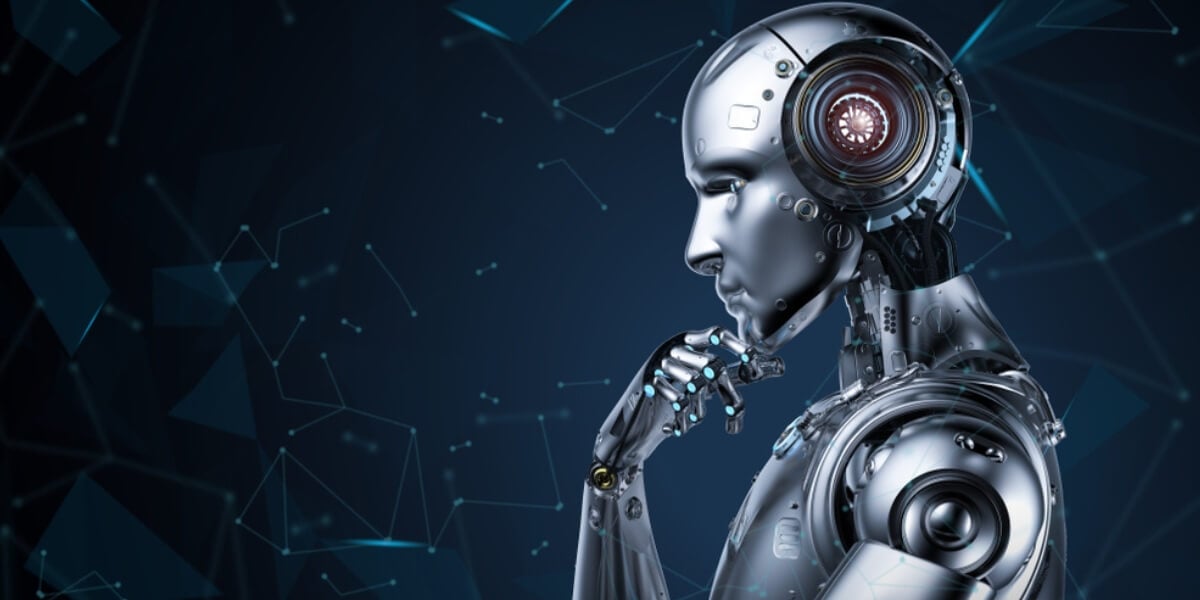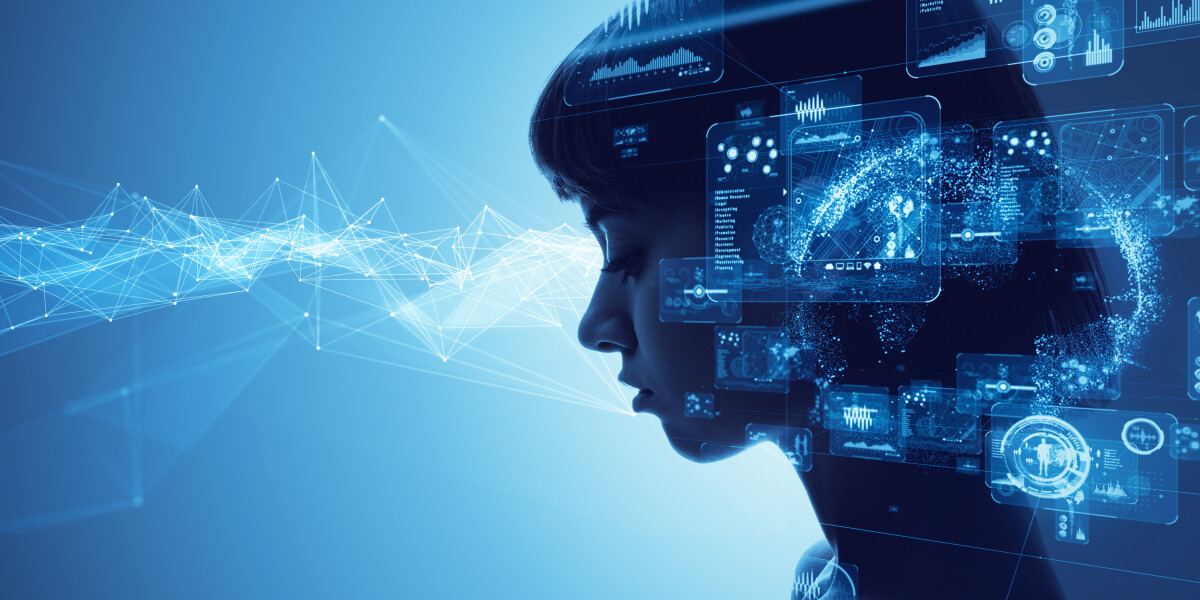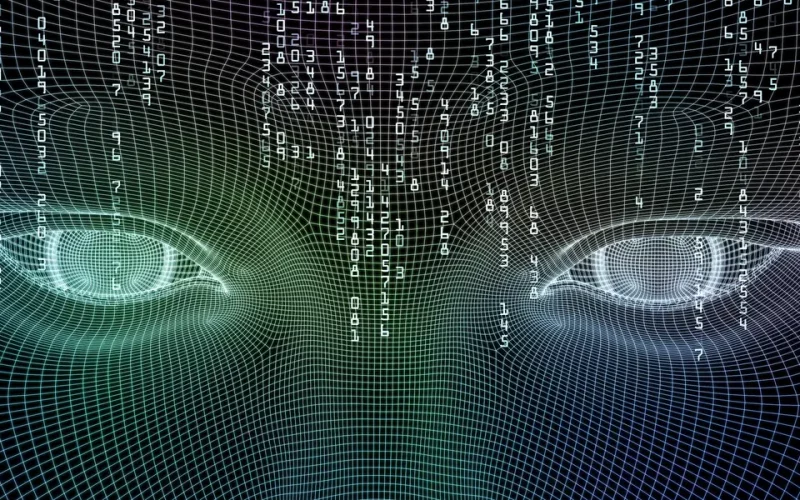Artificial intelligence (AI) is revolutionizing the way we live, work, and interact with the world around us. From personalized recommendations to autonomous vehicles, AI technologies are reshaping industries and transforming everyday experiences. Let’s delve into the profound impact of artificial intelligence on humans and society as a whole.

1. Enhancing Efficiency and Productivity
Artificial intelligence has the potential to significantly enhance efficiency and productivity across various sectors. By automating repetitive tasks, analyzing large volumes of data, and optimizing processes, AI technologies enable businesses to streamline operations and achieve greater output with fewer resources.
2. Improving Decision-Making
AI-powered algorithms can analyze complex datasets and provide valuable insights to support decision-making processes. From healthcare diagnostics to financial forecasting, AI systems help humans make more informed decisions based on data-driven analysis and predictive modeling.
3. Personalizing Experiences
Artificial intelligence enables personalized experiences tailored to individual preferences and behavior. From personalized recommendations on streaming platforms to targeted advertising and customized healthcare treatments, AI algorithms deliver tailored solutions that enhance user satisfaction and engagement.
4. Driving Innovation
AI fuels innovation by enabling the development of new products, services, and solutions that were previously unimaginable. From virtual assistants to autonomous drones and intelligent robots, AI technologies push the boundaries of what is possible, driving progress and fostering creativity in various fields.
5. Transforming Healthcare
In healthcare, artificial intelligence holds the promise of revolutionizing patient care, diagnosis, and treatment. AI-powered medical imaging systems can detect abnormalities with greater accuracy, while predictive analytics help identify health risks and optimize treatment plans, ultimately improving patient outcomes.
6. Addressing Societal Challenges
Artificial has the potential to address some of society’s most pressing challenges, from climate change to poverty and inequality. AI technologies can analyze environmental data, optimize resource allocation, and facilitate targeted interventions to mitigate the impact of global issues.
7. Reshaping the Workforce
While AI technologies enhance efficiency and productivity, they also reshape the workforce by automating certain tasks and roles. While some jobs may be displaced by automation, new opportunities emerge in AI-related fields such as data science, machine learning, and AI development, requiring upskilling and reskilling of the workforce.
8. Ethical and Social Implications
As intelligence becomes more integrated into society, it raises ethical and social implications that must be addressed. Concerns about data privacy, algorithmic bias, job displacement, and the impact on human autonomy and decision-making require careful consideration and regulation to ensure responsible AI deployment.

FAQs about Artificial Intelligence
Q: What is artificial intelligence, and how does it work? A: Artificial refers to the simulation of human intelligence in machines, enabling them to perform tasks that typically require human intelligence, such as learning, problem-solving, and decision-making. AI systems use algorithms to analyze data, identify patterns, and make predictions or decisions based on predefined rules or models.
Q: What are some examples of artificial intelligence in everyday life? A: Examples of artificial intelligence in everyday life include virtual assistants like Siri and Alexa, recommendation algorithms on streaming platforms like Netflix, predictive text on smartphones, and autonomous vehicles.
Q: What are the potential risks and challenges associated with artificial intelligence? A: Potential risks and challenges associated with artificial intelligence include job displacement due to automation, algorithmic bias and discrimination, privacy concerns related to data collection and surveillance, and the potential for AI systems to be weaponized or used for malicious purposes.
Conclusion
Artificial intelligence holds immense potential to transform society and improve human lives in profound ways. From enhancing efficiency and productivity to driving innovation and addressing societal challenges, AI technologies offer unprecedented opportunities for progress and development. However, the responsible deployment of AI requires careful consideration of ethical, social, and regulatory implications to ensure that its benefits are realized while mitigating potential risks and challenges. As we navigate the future of technology, collaboration and thoughtful stewardship will be essential in harnessing the full potential of artificial intelligence for the benefit of humanity.









